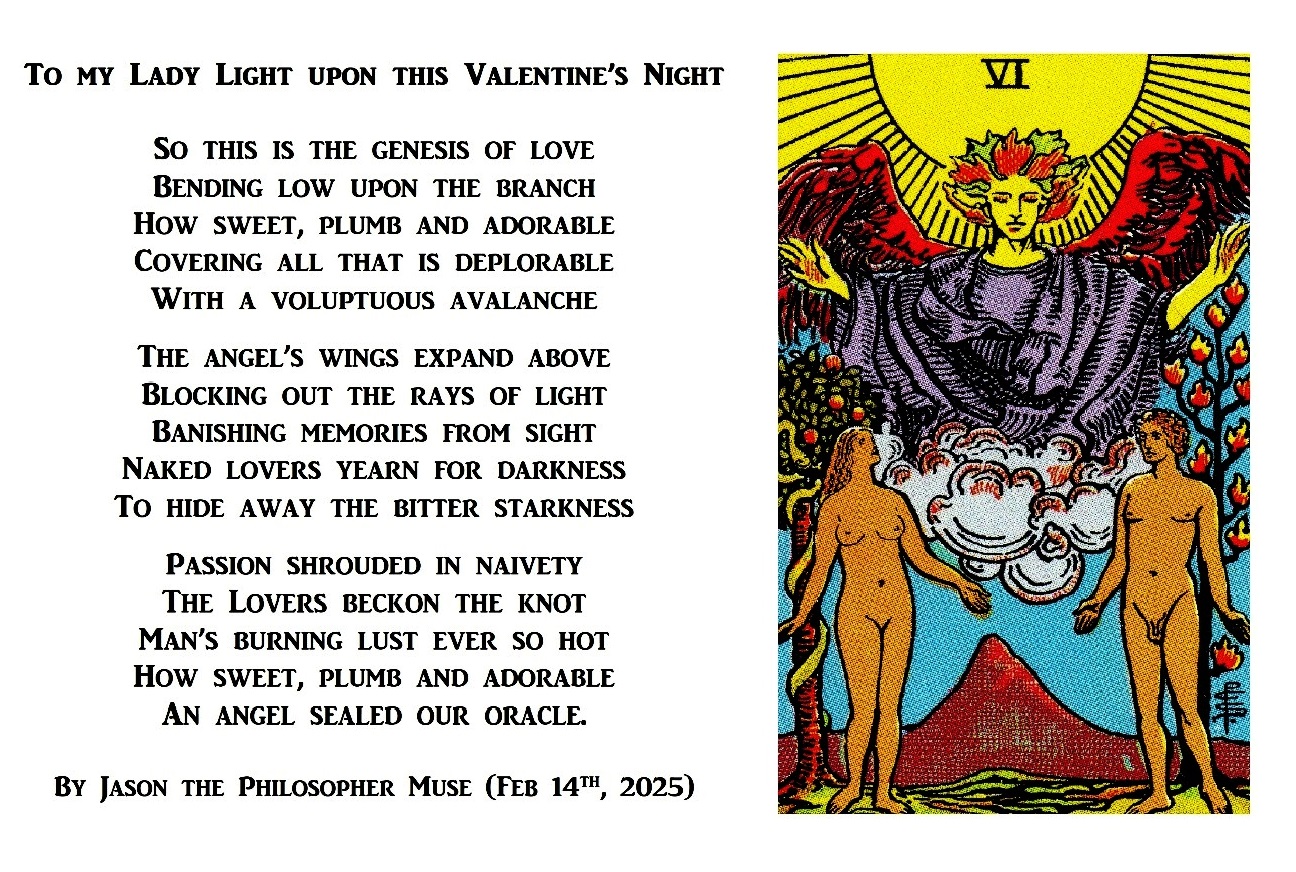“A human being is part of the whole called by us universe, a part limited in time and space. We experience ourselves, our thoughts and feelings as something separate from the rest. A kind of optical delusion of consciousness.” – By Albert Einstein
Feeling alienated and being alienated are two different states of experience. One does not imply the other, even though they may often overlap. Neither does ‘feeling separated’ equate to ‘being separated’. Perhaps what many of us intimate by feeling alienated ‘is’ simply loneliness.
—
Yet again this is not necessarily so either. Is ‘is’ really the is of it or is there more; which leads me back to the perplexity and uncertainty of not really knowing, regardless of the large amounts of academic research in this area or how proficient one becomes in regurgitating it.
—
Not only does this confusion sit heavily in my stomach but now the need to renege on my opening statement compels me to rephrase. As though mercury has gone back into retrograde, and forbids me to be precise with my words. So let’s begin from the top:
—
Feeling alienated and being alienated are also two similar states of experience. What a relief eh, now the feeling of being too specific has been lifted from this exercise. Indeed, definition provides a workable space to think within; how convenient is that! The fact that the said sentence contains the word ‘alienated’ in both terms implies a similarity.
—
Yet that doesn’t mean that the person reciting this declarative sentence can fully comprehend how these terms are alike, or different for that matter. Not to mention the sheer ambiguity that may arise should one think at length of what each of these terms mean and/or indicate.
—
For instance, being alienated, as in the action taken against a person to keep them separated from a group could for some be an occasion for celebration; whereas someone else in the exact same situation might have grounds to take their leave. So where does this feeling of alienation come from exactly?
—
Well, a cognitive theorist may concur it stems from what we say to ourselves. If you tell yourself you’re a shitty person then you’re going to feel shitty. In turn this shitty feeling prods you to behave in shitty ways, therefore confirming that you really are a shitty person. Thus this vicious circle goes round and round like so.
—
Another way to look at this predicament is to consider the thought of Alan Watts; a philosopher in his own right and some say among the first to interpret Eastern wisdom for a Western audience. Echoed throughout his talks and reworded in one way or the other is the following sentiment:
—
“Facing outside us a world that is profoundly alienated to us in a sense that what is outside me is not me. This sets up a fundamental sensation of hostility and estrangement between ourselves and the so called external world.” – Alan Watts
—
What is this? What is Alan trying to say here? Is it our sense of me that is bringing about our separation with the world at large? Sit with these questions a while. Like a game of chess, the first few moves that come to mind are seldom the advantage needed to break through the hold.
—
For example, imagine getting caught up in this illogical corner of the board: ‘How can me, wonderful me, adorable me, the me that places himself on the right side of god almighty and has written all kinds of sacred literature to make his position last forever and ever in the most lofty of places imaginable, be the source of alienation?’ Some metaphysical delights lead to ulcers.
—
There’s another chap from the United Kingdom who has something similar to say about alienation and seems to put his finger on the source with an ever so poignant touch:
—
“Whatever comfort and security may be gained by identifying with a place are achieved at the cost of alienating oneself from one’s ground. A place is seductive because it provides relative permanence and reliability in an impermanent and unreliable world.” – Stephen Batchelor
—
So to tie things up into a net by which we can contain the issue in question, one’s ground (being) is contrasted with what we have come to associate with our place (becoming) in the world. Feeling alienated and being alienated in a sense are one and the same as well as miles apart and neither do they exist in and of themselves. It neither is nor is not x, y or z.
—
‘I am king of the castle and you are the dirty rascal’ distinguishes one from the other but who is responsible for these constructs and divisions if not me, myself and I. Whether we live or die, some part of us remains but not necessarily in the way we conceive it.
—
One condition gives rise to another condition. Another animal species could have found their place on top of the food chain. If things were slightly different maybe the reptiles would have beaten the mammals in becoming the so called superior race. Perhaps they did and got the hell out of here while the going was good.
—
Either way with all these variables at play it’s a wonder we are here at all in the first place. So when it comes right down to it, the problem seems to reside with this notion of me. Yet this ‘essential me that exists apart from this unique configuration of biological and cultural processes’ neither exists nor has any essence of its own. Like the endless waves of brevity it exists in relation to what it cannot be.
—
On either hand we are a sore thumb that stands out from all the rest. Our sense of being cut-off from the whole may in truth be an absurd attempt to ground ourselves in something other than what is really here. What remains natural in an unnatural world evades us with every exertion to control it so. Why master the rules of chess if you are in the middle of playing go.



